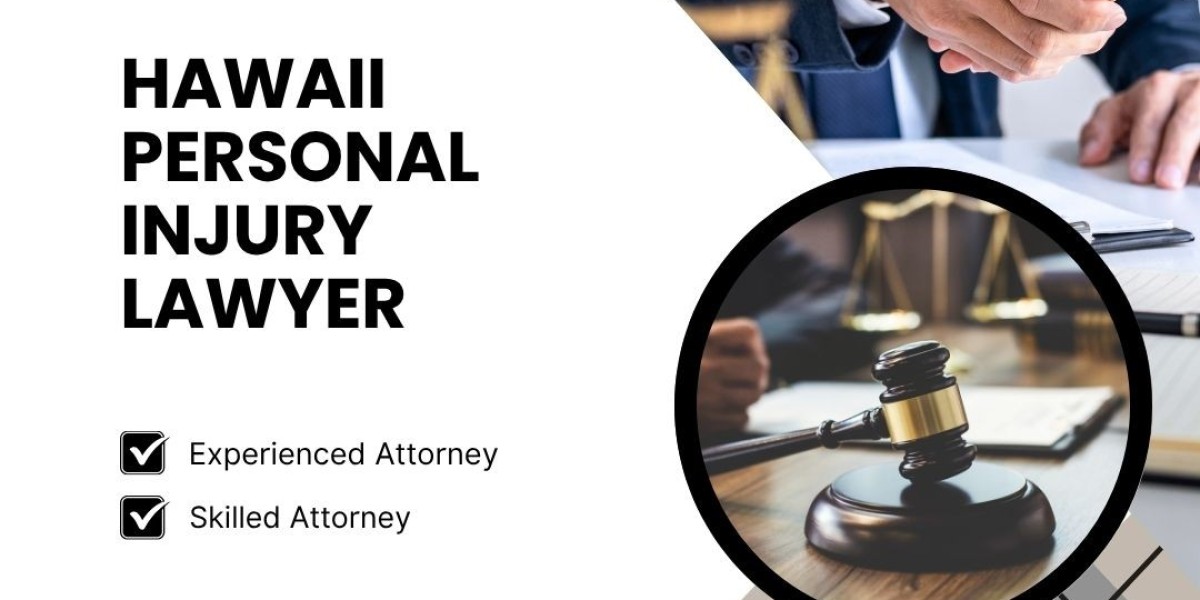When you’ve been injured due to someone else’s negligence, whether in a car accident, a slip and fall accident, or medical malpractice, the law gives you a limited window of time to take legal action. This time frame is known as the statute of limitations, and it plays a crucial role in personal injury law. If you fail to file your claim within the deadline, you could lose your right to recover compensation altogether.
Hawaii law has specific rules that govern how long you have to file a personal injury lawsuit. Understanding these deadlines and the exceptions that might apply is essential for protecting your legal rights. In this guide, we’ll explain what the statute of limitations is, how it applies to different types of cases, and why it’s so important to consult a Hawaii personal injury lawyer before time runs out.
Understanding the Statute of Limitations
The statute of limitations is a legal deadline that sets the maximum amount of time you have to initiate a lawsuit after an injury or other actionable harm occurs. Each state has its own statute of limitations for different types of legal claims, and Hawaii is no exception.
In most personal injury cases in Hawaii, the deadline to file a lawsuit is two years from the day the injury or accident occurred. This applies to a wide range of cases, including:
- Car accidents
- Motorcycle and truck crashes
- Slip and fall incidents
- Dog bites
- Medical malpractice
- Product liability
- Wrongful death
Missing the two-year deadline means the court will likely dismiss your case, regardless of how strong your claim may be.
Why the Hawaii Injury Claim Deadline Matters
The Hawaii injury claim deadline is more than just a formality, it has serious consequences. If you wait too long to take legal action, your case could be barred forever. Even if you’re still recovering or trying to negotiate with insurance companies, the clock is ticking.
Here’s why acting within the statute of limitations is critical:
- Preservation of evidence: Over time, critical evidence such as surveillance footage, physical damage, and witness memories can be lost or degraded.
- Credibility: Filing promptly strengthens your case by showing you took the injury seriously and acted with urgency.
- Legal rights: If your claim is dismissed due to a missed deadline, you’ll have no legal remedy to recover compensation for medical bills, lost wages, or pain and suffering.
For these reasons, it’s always better to involve a personal injury attorney early, even if you’re unsure whether you’ll ultimately file a lawsuit.
Are There Exceptions to Hawaii’s Statute of Limitations?
Yes, there are limited exceptions to Hawaii’s two-year statute of limitations for personal injury claims. These exceptions are not automatic, and they often require legal interpretation. However, they can provide additional time to file under certain circumstances.
Common exceptions include:
- Discovery rule: If you didn’t discover (and reasonably couldn’t have discovered) the injury right away, such as in cases involving medical malpractice, the two-year clock may begin when you discovered the harm.
- Minors: If the injured victim is not 18 at the time of the incident, the statute of limitations typically does not begin until they turn 18.
- Mental incapacity: If a person is mentally incapacitated at the time of the injury, the deadline may be delayed until the incapacity ends.
- Government claims: If your injury involved a state or local government agency (such as a city bus accident), special notice requirements and shorter deadlines may apply.
Because these exceptions are nuanced and strictly interpreted, it’s best to speak with a qualified Hawaii personal injury lawyer who can determine whether your case qualifies.
How the Statute Applies to Different Types of Personal Injury Cases
While two years is the general rule, the application of the statute of limitations can vary depending on the type of case. Here’s a breakdown of how it applies to several common injury scenarios in Hawaii:
Car Accidents
In most motor vehicle accident cases, you have two years from the date of the crash to file a lawsuit against the at-fault driver. However, if the driver was a government employee or the crash involved a city or state vehicle, you may need to file a notice of claim within six months of the incident.
Medical Malpractice
For cases involving medical errors, surgical mistakes, or misdiagnoses, the two-year period typically starts when the injury is discovered, or when it should have been discovered through reasonable diligence. However, no case can be filed more than six years after the malpractice occurred, even if the injury wasn’t discovered until later.
Product Liability
If a defective product causes injury, you usually have two years from the date of injury to file suit. However, you must also prove that the injury resulted directly from the defect and that the product was being used as intended.
Wrongful Death
In wrongful death cases, surviving family members have two years from the date of death, not the date of the injury, to file a claim. These cases often arise from fatal car accidents, workplace injuries, or incidents of medical negligence.
What Happens If You Miss the Deadline?
If you file a personal injury lawsuit after the statute of limitations has expired, the defendant can, and almost certainly will, ask the court to throw out your case. The court is very likely to grant that request, leaving you with no legal recourse for your injuries, no matter how strong your evidence may be.
There are no second chances. That’s why you must take the statute of limitations seriously and act quickly. Even if you’re in ongoing negotiations with an insurance adjuster, those talks do not “pause” or extend your deadline to file a lawsuit.
Don’t Let Time Run Out: When to Contact a Lawyer
Time is one of the most important resources in a personal injury case. From collecting evidence to filing paperwork and negotiating with insurers, the process can be time-consuming. The earlier you contact a personal injury lawyer, the more time they have to build a strong case and ensure you meet all legal deadlines.
You should contact a lawyer immediately if:
- You’ve suffered an injury in a car, pedestrian, or slip-and-fall accident
- The insurance company is denying or undervaluing your claim
- You’re unsure when the statute of limitations expires in your case
- You suspect the at-fault party was a government employee or entity
Early legal advice can prevent missed deadlines, lost evidence, and avoidable mistakes. It also gives you the best possible chance of recovering full compensation for your injuries and losses.
A Quick Recap: Hawaii’s Injury Claim Timeline
To summarize, here’s a quick overview of Hawaii’s personal injury statute of limitations:
- General personal injury: 2 years from the date of injury
- Medical malpractice: 2 years from discovery, with a 6-year maximum limit
- Wrongful death: 2 years from the date of death
- Claims involving minors or mental incapacity: Deadline may be extended
- Claims against government entities: Special notice requirements apply
Contact a Hawaii Personal Injury Lawyer Today
If you’ve been injured due to someone else’s negligence, don’t wait until it’s too late to pursue justice. An experienced Hawaii personal injury lawyer from Leavitt, Yamane & Soldner can help you understand your legal rights, determine whether you’re within the Hawaii injury claim deadline, and take swift action to protect your future. Call (808) 518-2604 today for a free consultation and let our team advocate for the compensation you deserve.








